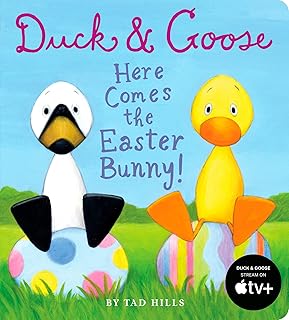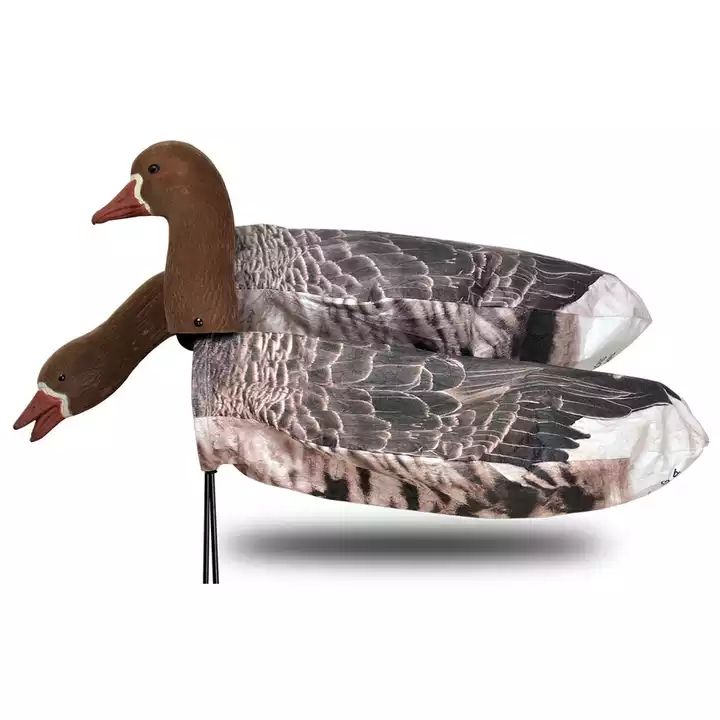Title: The Pros and Cons of Goose, Duck, and Silk Blankets
Goose, duck, and silk blankets each have their own unique qualities and characteristics. While goose and duck blankets are known for their warmth and durability, silk blankets offer a luxurious and comfortable sleeping experience. Goose and duck blankets are often preferred in colder climates, as their dense feathers provide excellent insulation from the cold. However, their heavy weight and bulkiness can make them difficult to carry and store. Silk blankets, on the other hand, are lightweight and easy to carry, providing a soft and comfortable layer between you and your bed. They are also hypoallergenic, making them a great choice for those with allergies or sensitive skin. But their silkiness can also attract dust and lint, requiring more frequent cleaning to maintain their quality.
Goose, duck, and silk blankets are all popular choices for keeping warm at night. Each type of blanket has its own unique qualities and advantages, as well as some disadvantages. Here is a breakdown of each blanket to help you decide which one is right for you.

Goose blankets are often considered to be the best choice for warmth and comfort. The feathers in a goose blanket are hollow and filled with air, providing excellent insulation against the cold. The large, soft feathers also provide a luxurious feel that many people find irresistible. Goose blankets are also hypoallergenic, making them a good choice for those with allergies.
However, goose blankets can also have some drawbacks. The first is their cost. Goose blankets are often the most expensive type of blanket on the market. The second drawback is their weight. Goose blankets can be quite heavy, making them difficult to carry around or travel with.
Duck blankets are a great alternative to goose blankets if you want a warm but less expensive option. Duck feathers are also hollow and filled with air, providing good insulation against the cold. The smaller, more densely packed feathers in a duck blanket also provide a softer feel that some people prefer.
However, duck blankets also have some disadvantages. The first is their durability. Duck blankets may not last as long as goose blankets due to the smaller size of the feathers. The second drawback is their availability. Duck blankets are not as common as goose or silk blankets, so you may have to search harder to find one.

Silk blankets are a luxurious and lightweight choice for keeping warm at night. Silk is a natural protein fiber that has excellent thermal properties, providing warmth without being bulky or heavy. Silk blankets are also hypoallergenic and resistant to dust mites, making them a good choice for those with allergies or asthma.
However, silk blankets can also have some drawbacks. The first is their cost. Silk blankets are often the most expensive type of blanket on the market. The second drawback is their delicacy. Silk is a delicate fiber that can be easily damaged or stained if not properly cared for.
In conclusion, each type of blanket has its own unique advantages and disadvantages. Goose blankets provide warmth and comfort, but are expensive and heavy. Duck blankets are a less expensive alternative to goose blankets, but may not last as long or be as common. Silk blankets are luxurious and lightweight, but can be expensive and delicate. Choose the blanket that best suits your needs and budget.
Articles related to the knowledge points of this article:
Title: Renovating Feather Bed Comforters in Xinzhong Avenue, Qinzhuang
Title: The Art of Storing Down Comforters: Tips and Tricks for Maintaining their Quality and Shape



